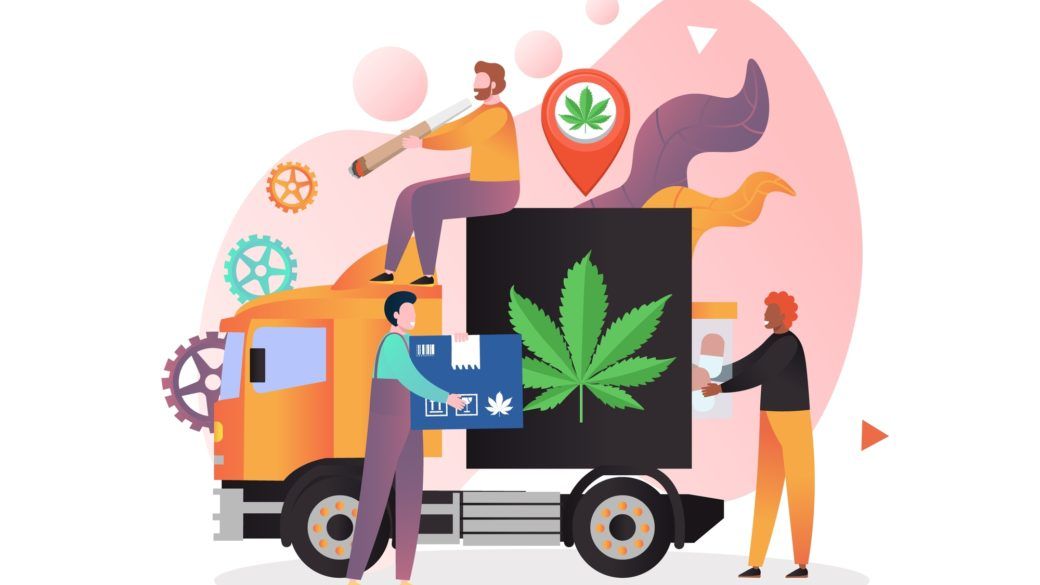The widespread legalization of medical as well as recreational marijuana across US states represents a big win for the cannabis industry. However, the drug remains illegal under federal law, and this presents numerous challenges for businesses across the cannabis value chain. The distribution sector appears to be the worst hit as it’s almost impossible to move cannabis products across US states, irrespective of the legal status of the drug in the respective states.
If you run a company in the cannabis industry, your activities must be confined to the state in which you’re licensed. Since distributors cannot cross state lines, cultivators or growers, as well as producers, must also limit their business to a single state. Any attempt to expand operations poses numerous challenges.
Small-scale distributors bear the most brunt
Although the entire cannabis industry could use a change in the laws, small operators who are not well capitalized bear the most brunt of the restrictions. For one thing, they do not have as much access to credit facilities and traditional banking services as counterpart businesses in other industries.
The interstate distribution challenge also prevents them from getting maximal benefits from economies of scale. Cannabis distributors cannot follow the usual route of expansion of businesses; scaling up their activities in one state, then extending their operations to other states.
For example, if you distribute a widely popular cannabis product in Colorado, legal restrictions prevent you from shipping the same product to neighboring states such as New Mexico, Arizona, and Utah, despite the legal status of medical marijuana in these states.
How do big companies manage their operations?
Even with the thorns in the field, the biggest cannabis companies have consistently found ways to operate across multiple states. In fact, it appears the current restrictions are set up to favor monopoly by the big companies. The big cannabis distributors have been able to procure operating licenses across multiple states in the country.
However, they are also unable to benefit maximally from the economies of scale. The operation in each state has to be built from scratch and run independently. In every state they expand to, they have to invest in building new infrastructure. They also cannot rely on the trusted products that have brought much success in the other states because the cultivators and processors would also have to invest in new licenses as well as new cultivation, manufacturing, processing, and testing plants.
Often, there could be differences in cultivation, processing, packaging, and distribution guidelines across different states. So, as companies invest in new facilities, they may also have to research new methods in a bid to ensure compliance with their license requirements.
Why can’t small businesses obtain licenses across states?
You might be wondering what’s stopping small-scale distributors from obtaining licensing across the states they wish to expand to. Asides the obvious problem of funding, many states have limits for the number of cannabis businesses they award licenses. And some of the states without a limit have high barriers to entry and a lengthy application process. Even if you have the money you need, you may spend a year or more trying to get an operating license, and there’s no guarantee you’ll get one at the end.
Alternatively, companies looking to expand can acquire a company with an operating license into their target state. Again the cost of cannabis licenses makes this option pretty much unavailable for small businesses.
Although efforts are underway to address the situation, the playing field for cannabis distributors would likely remain imbalanced until the federal restrictions are lifted. In the meantime, small businesses have to continue to find ways to navigate the challenge while the well-capitalized businesses continue to milk the market.

